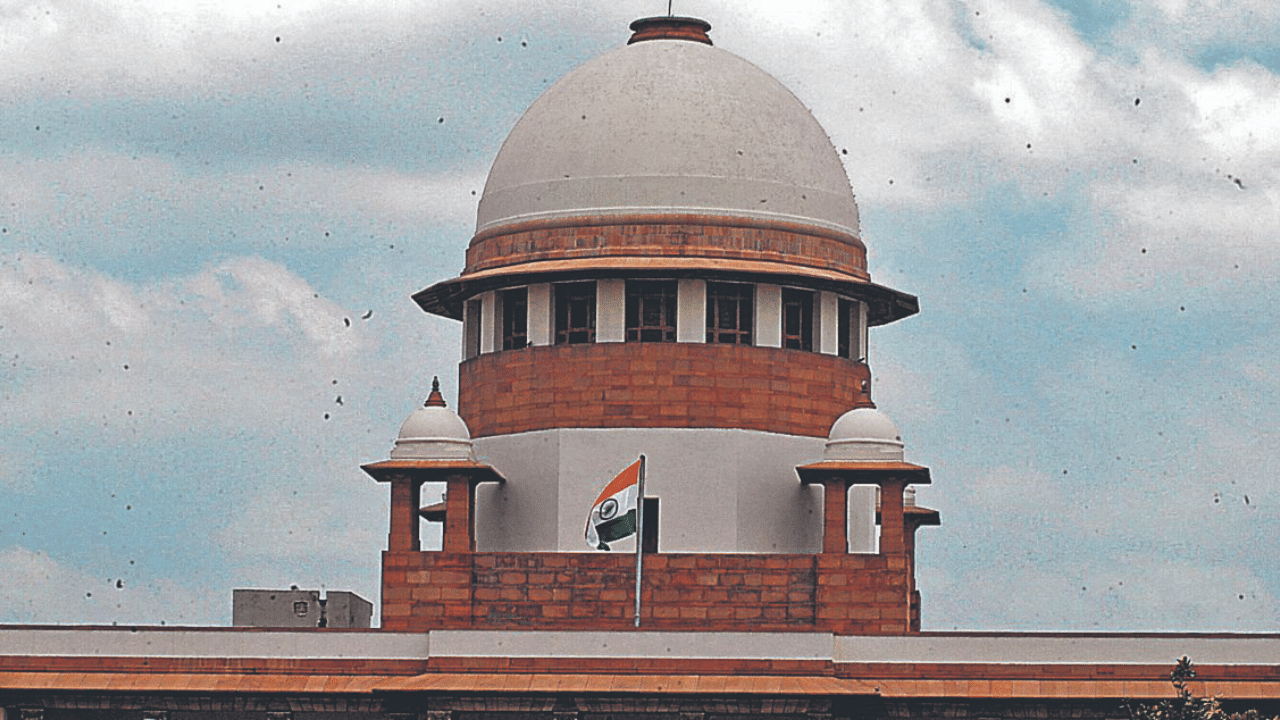
In its minority judgement, the Supreme Court on Monday said the amendment providing a 10 per cent EWS quota has, for the first time, sanctioned an avowedly exclusionary, discriminatory principle, which is constitutionally unsound.
Justice S Ravindra Bhat, along with Chief Justice U U Lalit, dissented with a majority view the upheld the validity of the 103rd Constitutional Amendment Act, 2019.
“I regret my inability to concur with the views expressed by the majority opinion... that this court has for the first time, in the seven decades of the republic, sanctioned an avowedly exclusionary and discriminatory principle. Our Constitution does not speak the language of exclusion,” Justice Bhat wrote.
Also read | Opposition divided over SC judgment upholding 10% EWS quota: Congress hails order, DMK calls it 'setback'
He said a universally acknowledged truth is that reservations have been conceived and quotas created, through provisions in the Constitution, only to offset fundamental, deep-rooted generations of wrongs perpetrated on entire communities and castes.
Reservation is designed as a powerful tool to enable equal access and opportunity, and introducing the economic basis for reservation as a new criterion, is permissible, he said.
“Yet, the ‘othering’ of socially and educationally disadvantaged classes — including SCs / STs / OBCs by excluding them from this new reservation on the ground that they enjoy pre-existing benefits, is to heap fresh injustice based on past disability. The exclusionary clause operates in an utterly arbitrary manner (sic),” he added.
Justice Bhat further said, “The net effect of the entire exclusionary principle is Orwellian, (so to say) which is that all the poorest are entitled to be considered, regardless of their caste or class, yet only those who belong to forward classes or castes, would be considered, and those from socially disadvantaged classes for SC / STs would be ineligible”.
He added that in his considered opinion, the amendment, by the language of exclusion, undermines the fabric of social justice and, thereby, the basic structure.
